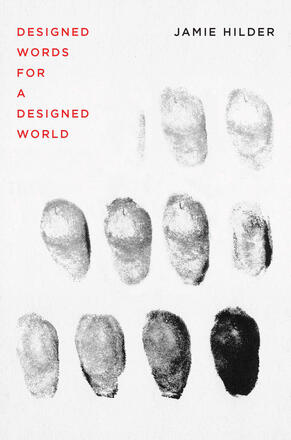
Designed Words for a Designed World
The International Concrete Poetry Movement, 1955-1971
Description
Sometimes image, sometimes word, and often both or neither, concrete poetry emerged out of an era of groundbreaking social and technological developments. Television, nuclear weapons, radio transistors, space travel, and colour photography all combined to drastically alter the representation of the world in the period following the Second World War. While never fully embraced as poetry or as visual art, and often criticized for an aesthetic that veers too close to commercial design, concrete poetry is an ambitious critical project that strives to break free of national languages and narrow literary traditions. Crossing national and disciplinary borders to highlight connections between poems and a variety of other cultural material, Jamie Hilder shows how the movement's international character predates and initiates some trends now associated with globalization. Hilder places concrete poetry alongside such transformative projects as the modernist city of Brasília, the development of computers, and the rise of conceptual art in order to accentuate its significance as one of the major poetic movements of the twentieth century. Heavily illustrated with examples of poems that exhibit the politically engaged, complex, and varied aspects of the movement, Designed Words for a Designed World illuminates how a group of poets fascinated by the possibilities of a rapidly transforming cultural geography operated within an emerging global imaginary.
Reviews
“Hilder brings fresh life to concrete poetry, providing nuanced details on poets and poems and posing tremendously important questions. Designed Words for a Designed World is a much-needed book on a politically engaged, complex, and varied movement that is still relevant to the 21st century.” - Lori Emerson, University of Colorado, Boulder
“This study is likely to revive serious interest in an avant-garde experiment that exhibition curator Jasia Reichardt in 1965 hailed as "the first international poetry movement." Highly recommended.” Choice
“Hilder’s book can be read as a defence of concrete poetry; what it celebrates about the movement are its liberating and daringly innovative tendencies that are inseparable from their social, political, and cultural context. It will prove to be a signific